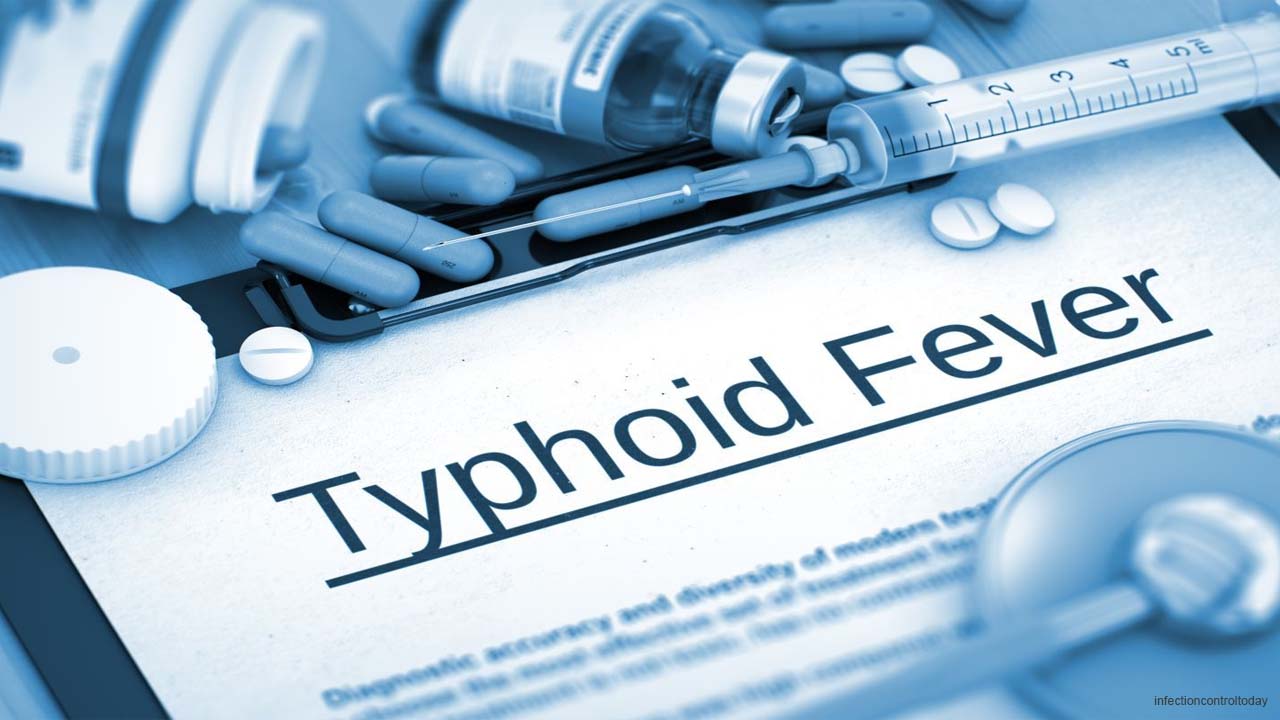During monsoons, typhoid is the most common disease in India. The availability of unfit and unhygienic water is the prime cause of rising typhoid cases in monsoon. Stagnating dirty water and exposure to water and humidity make the probability of contracting the disease even higher.
Emerging antibiotic resistance for typhoid treatment
According to a new study, treatment-resistant typhoid instigated mostly from South Asia has crossed over the borders almost 200 times in the last 3 decades.
MDR (Multidrug-resistant) Typhoid has gained resistance to the first three lines of antibiotics used to treat Typhoid - chloramphenicol, ampicillin, and cotrimoxazole. MDR typhoid having H58 strain as the dominant strain, once treated by fluoroquinolones is now gaining resistance against the antibiotic. Fluoroquinolones resistant typhoid strains are highly prevalent in South Asia. This has left azithromycin and third-generation cephalosporins as preferred treatment options. This has been proven in studies where scientists sequenced the genomes from 3,489 cases of Salmonella Typhi, the bacteria that causes typhoid fever and kills over 100,000 people annually. Data from four high-burden nations -- Bangladesh, India, Nepal, and Pakistan -- were combined with an analysis of 4,169 similar samples from more than 70 countries over a 113-year period, making it the largest study of its kind.
But now cases have started coming from South Asia where typhoid has developed azithromycin and cephalosporins resistance also. This has raised the eyebrows of many in the health fraternity. With this nothing is left as effective, oral antibiotic treatment for typhoid.
Drug-resistant diseases kill more people than HIV
A 2019 study has shown that drug-resistant diseases kill more people than HIV or malaria, and the misuse of antibiotics in humans and animals is aggravated by poor sanitation. Antibiotic resistance caused 1.27 million deaths which is far more than people killed by HIV or malaria. And the saddest part is more than half of the patients were having just a common infection with no severe complications yet took their lives.
The only treatment option left for Typhoid
Intravenous antibiotics are more expensive and less readily accessible, placing greater costs and pressure on public health systems in countries.
Increasing rates of drug-resistant typhoid highlight the urgency for preventative measures such as Typhoid Conjugate Vaccines (TCVs) and improved water, sanitation, and hygiene. TCVs, which can be given to children as young as six months, can have a major role in both reducing the burden of typhoid and preventing the spread of drug-resistant typhoid strains. TCVs are highly effective against XDR typhoid; In Hyderabad, Pakistan, TCV was found to be 97% effective against XDR typhoid in an outbreak setting. Additionally, an analysis of a study shows that TCV could drastically reduce the number of drug-resistant typhoid cases and deaths. Two-thirds of typhoid cases and deaths due to fluoroquinolones-resistant and multidrug-resistant typhoid could be avoided through TCV introduction.

 Typhoid cases gaining resistance to one or more antibiotics are increasing globally. The newer strain of Typhoid, XDR (extensively drug-resistant) Typhoid has developed resistance against all kinds of antimicrobials that are presently available which has increased the concerns of the health fraternity worldwide.
Typhoid cases gaining resistance to one or more antibiotics are increasing globally. The newer strain of Typhoid, XDR (extensively drug-resistant) Typhoid has developed resistance against all kinds of antimicrobials that are presently available which has increased the concerns of the health fraternity worldwide.
















.jpeg)











.jpg)




